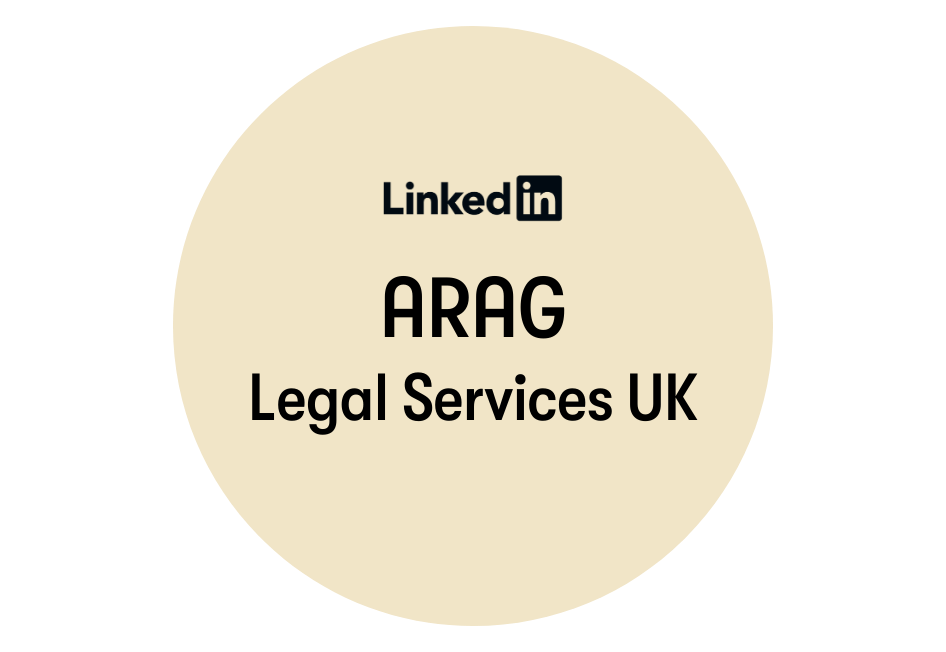
Employment Law update
Published on 04/04/2025
The upcoming changes to employment law in the UK for 2025 are set to bring significant transformations to the workplace. Key areas for change include the largest ever increase in the National Minimum Wage, new rights for neonatal care, and comprehensive reforms under the Employment Rights Bill.
These changes will have far-reaching consequences for businesses, including increased administrative burdens, financial impacts, and the need for compliance with AI regulations. As companies adapt to these new laws, they must navigate the complexities of workforce management and employee relations to ensure a smooth transition and maintain employee satisfaction.
John McGrath from ARAG Law summarises the key areas for change and possible consequences for businesses to look out for.
National Minimum Wage
From April 2025, the National Minimum Wage will see its largest ever increase in cash terms. For those aged 21 and over, the rate will rise to £12.21 per hour. The age threshold for this rate has also been lowered from 23 to 21 years.
National insurance employer's contribution
Expected to take effect from 6 April 2025, the employer's contribution will increase by 1.2% to 15%, with the threshold for secondary NI also dropping to £ 5,000 pa.
AI and Employment
The new AI Opportunities Action Plan, launched in January 2025, outlines government proposals around AI. Businesses must consider current laws, such as the UK Data Protection Act 2018, which prevents fully automated decision-making that has significant effects on individuals. The Data (Use and Access) Bill, introduced in parliament, may allow automated decision-making with safeguards like human oversight.
Neonatal care
A new right to neonatal care is also coming into force on 6 April 2025. This will be a day one right for employees and taken in blocks of a week for every qualifying period the baby is in care. It will introduce numerous protections, including from being placed at a detriment or dismissed as a result of taking the leave.
Employment rights bill
This bill is expected to pass parliament this year and entails comprehensive and far-reaching reforms to employment rights. Whilst the bill is still subject to change, it is likely to affect areas from ending fire and rehire to allowing a right for a more certain work pattern for flexible workers, as well as reducing the time in service to claim unfair dismissal and increasing the time to approach a tribunal, amongst other reforms.
Potential Consequences for UK Businesses in 2025
Increased Administrative Burden
Businesses will need to adapt their HR policies and procedures to comply with the new rights as well as minimum wage and national insurance regulations. This may involve updating contracts, training managers, and ensuring awareness of the changes.
Financial Impact
The increase in the National Minimum Wage will raise labour costs for businesses, particularly those employing a large number of low-wage workers. This could impact profit margins and may lead to price adjustments for goods and services.
Workforce Management
The new rights for employees and workers will require businesses to provide more predictable working patterns. This could lead to changes in scheduling practices and may necessitate hiring additional staff to cover shifts.
AI Compliance
Businesses using AI in their operations will need to ensure compliance with existing data protection laws and prepare for potential changes under the Data (Use and Access) Bill. This may involve implementing human oversight mechanisms and ensuring transparency in automated decision-making processes.
Employee Relations
The changes in employment law may improve employee satisfaction and retention by providing greater flexibility and job security. However, businesses will need to manage these changes carefully to avoid potential disputes and ensure a smooth transition.
Disclaimer - all information in this article was correct at time of publishing.

